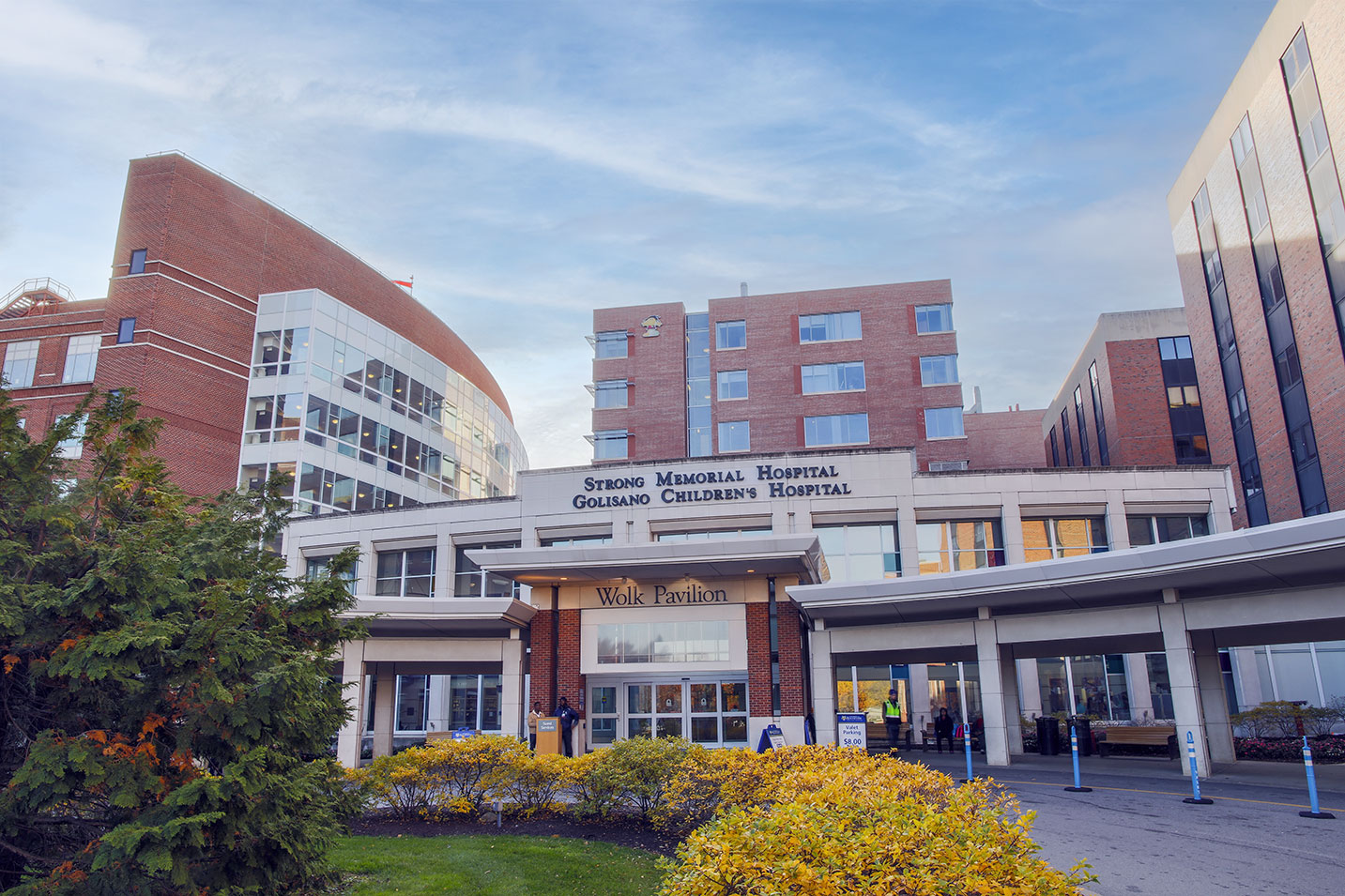Kidney Biopsy
Make Appointments & Get Care
What is Kidney Biopsy?
If your nephrologist suspects your kidneys are being affected by a disease and require a specific treatment, such as immunosuppressive medication, they may perform a kidney biopsy.
A biopsy involves taking a small sample of kidney tissue, which is then examined under a microscope to determine the both presence and severity of any disease. The results can help your provider determine the next step in your treatment plan.
Kidney biopsies are typically used to diagnose the following conditions:
- glomerulonephritis
- autoimmune kidney disease
- kidney transplant rejection
A biopsy of the kidney is usually an outpatient procedure. Patients are typically able to go home after a few hours of observation and are rarely ever observed overnight.
Schedule an appointment with a UR Medicine provider.
Call (585) 275-4517UR Medicine's Approach
In most cases, a nephrologist who is highly trained in performing kidney biopsies will perform the biopsy. However, in specific circumstances, interventional radiology can also perform kidney biopsies with help from a CT scan.
You will be asked to fast for at least 8 hours before arriving at the hospital. Patients are not allowed to drive themselves home the day of a biopsy.
What Happens During a Kidney Biopsy?
- You will first be directed to a waiting area and an IV will be placed. If your blood pressure is elevated, you may receive oral or IV medication to reduce the blood pressure to reduce your risk of any complications.
- Once you are checked in and your vital signs are stable, you will be moved the ultrasound suite.
- An ultrasound is used to locate the best approach for the biopsy. Then, your skin will be cleaned and a numbing agent will be applied.
- You will be asked to lay still while your provider uses an ultrasound to guide a needle into the kidney and remove a very small piece of tissue.
After the biopsy is completed, you will be asked to lay flat on your back for about four hours.
You will typically be allowed to eat and drink normally after the biopsy. You may have repeat blood work a few hours after the biopsy to make sure that your blood counts are stable.
Your nephrologist will be in contact with you when the results of the biopsy are available. While a preliminary report may be available as early as the same day, the final report can often take two weeks.
What Sets Us Apart?
UR Medicine's Nephrology division provides the most advanced and comprehensive services in the Rochester metropolitan area and surrounding region. We offer our patients a unique combination: world-class treatments, in a center that is highly personal and accessible.
- Our nephrologists see a very large volume of patients and are well versed in rare and complex kidney diseases.
- Our team-based decision-making approach expedites your care while involving doctors from many different disciplines.
- Our doctors make a practice of following up on patients, often calling them between appointments.
Providers
Locations
We serve you in the Rochester metropolitan area and surrounding region.
1 location
601 Elmwood Avenue, 2nd & 3rd Floors
Rochester, NY 14642
